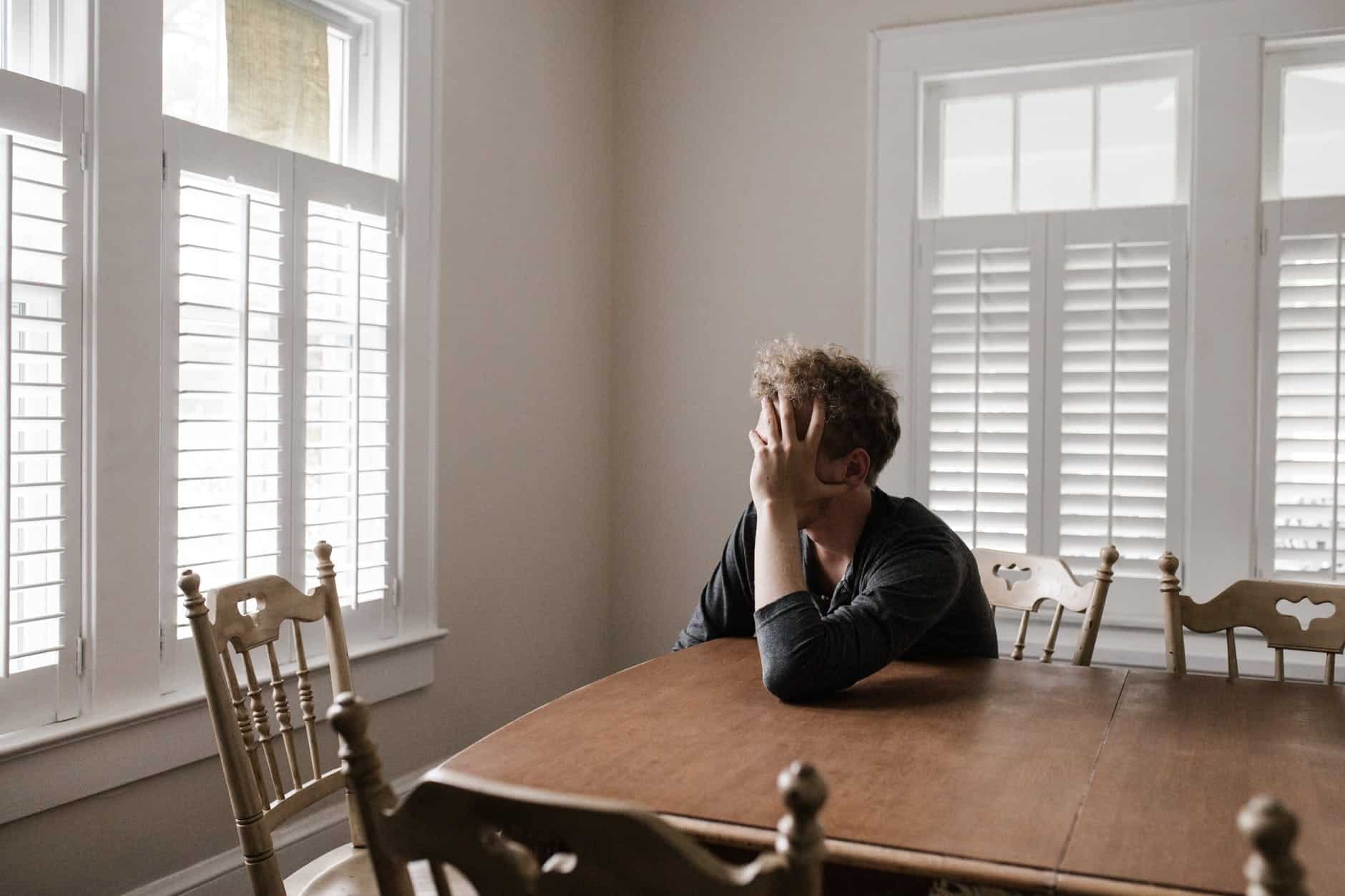Mental health in a pandemic: Hamiltonian shares story of navigating 2020’s highs and lows
Published January 12, 2021 at 7:48 am

The year 2020 is now behind us.
It’s pretty safe to say it was a tough year for many Hamiltonians for several different reasons. As a result of the COVID-19 pandemic, which first started impacting daily life in Hamilton back in March of 2020, many people faced financial struggles, business struggles, and personal struggles – including struggling with their mental health.
How exactly has the mental health of Hamiltonians fluctuated during 2020?
The answer may be different for everyone. However, the answer for Greg McNeish, a 38-year-old Hamilton resident, is quite a bit.
At the beginning of 2020, McNeish was completing his final semester in the Business Administration program at Mohawk College. “I was weighing several career trajectories, at the time, with good prospects in a few different directions,” McNeish said in an email.
In terms of his mental health, McNeish noted, “I was stressed, and in danger of burning out from a combination of school, work, and personal circumstances, but at the same time I was motivated and excited to reach the end of that chapter.”
As the first couple of months of 2020 progressed, McNeish said his mental health started fluctuating. Before the pandemic hit Hamilton, McNeish noted that he was still feeling some emotional and mental exhaustion.
“I was gripping the steering wheel tightly, just trying to keep it on the road to graduation,” McNeish said. “A few promising interviews for post-graduation jobs had me riding high again, but that all came to a screeching halt when everything shut down.”
He went on to explain that, at this point, he fell into a depression that nearly derailed his education.
According to a Mental Health Impacts of COVID-19 (Wave 2) report from the Canadian Mental Health Association, McNeish is not alone.
The report noted that of 1,137 participants in Ontario, 44 per cent revealed their mental health had deteriorated since the onset of the COVID-19 pandemic. The report also noted that 53 per cent of these participants were feeling anxious/worried about COVID, 43 per cent were feeling stressed, 29 per cent felt sad, 28 per cent felt depressed, 18 per cent felt calm, 20 per cent felt hopeful, 18 per cent felt empathetic, and 12 per cent of participants reported that they felt content.
When it comes to experiencing stress or worry, according to the report, 28 per cent of participants were concerned about job loss. This aligns with one of the main factors that hindered McNeish’s mental health: unemployment.
“It has been incredibly disheartening to have worked for so many years to get to school and then push to the finish line, driven by the hope of the future [to come] afterwards, to then be faced with an empty chasm devoid of possibility,” McNeish said.

McNeish, who has long battled depression, also attributed isolation as one of the main factors that led to his worsened mental health.
“In-person social interactions are a key part of how I regulate my moods, keep from getting stuck in my head, breaking out of a rut, and where I find so much of my joy in life,” McNeish noted.
“Interacting with people is what I love to do when I’m feeling my best, and it’s also the most effective tool I have to turn things around when I feel my worst. The absence of these interactions this year has been devastating. Absolutely devastating.”
Nonetheless, he has discovered some new ways to improve his mental health.
“I started a YouTube channel producing daily song videos with my ukulele, and later transitioning to electric guitar demos of my own compositions,” McNeish revealed. “In the absence of school or a job, it was important I have something productive to focus on, to have a sense of purpose, and simply some measure of regularity in what has been a very irregular world.”
McNeish also noted there is some comfort in knowing that he is not alone.
“It doesn’t make it any easier to feel this way, but it does help keep perspective,” McNeish said.

The onset of a New Year usually makes people feel motivated, encouraged, and hopeful. However, even though a vaccine is circulating, the city is still actively fighting to stop the spread of COVID-19 which may leave Hamiltonians feeling less confident about 2021.
A recent Sun Life survey revealed that 60 per cent of Canadians’ mental health continues to be negatively affected by the pandemic.
If you are struggling or know someone who is struggling with their mental health, visit the ‘Taking Care of Your Mental Health’ webpage on the City of Hamilton website.
Graphics are from the Canadian Mental Health Association Mental Health Impacts of COVID-19: Wave 2 Report.
insauga's Editorial Standards and Policies advertising





